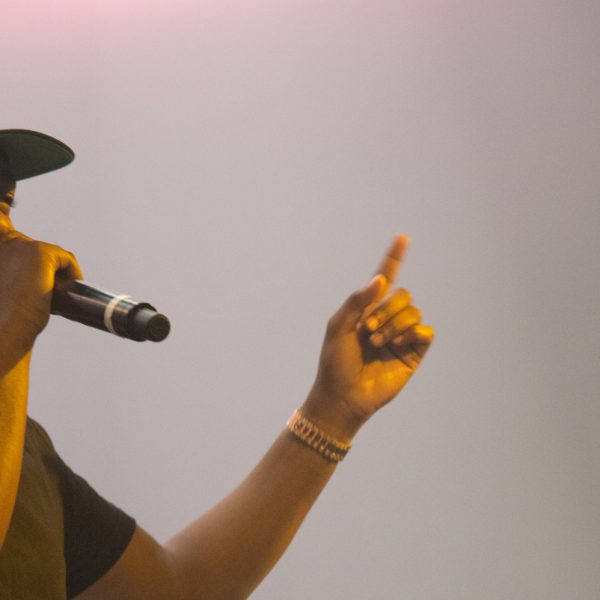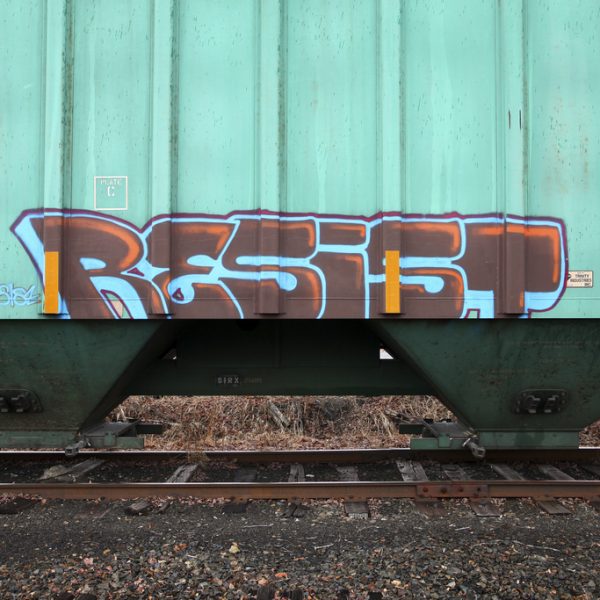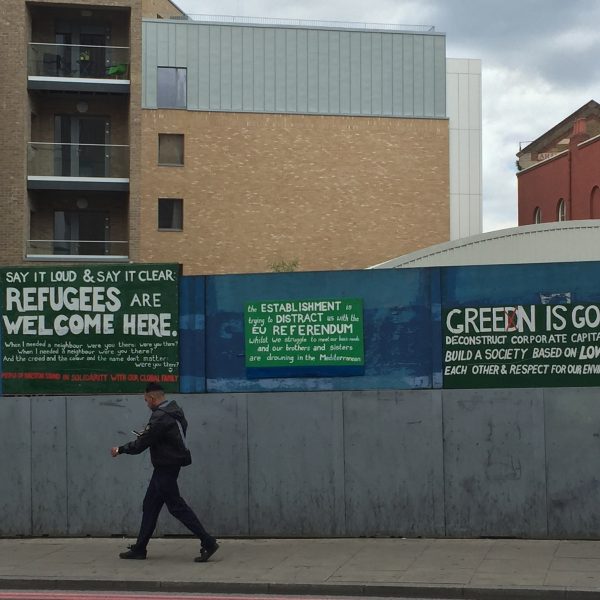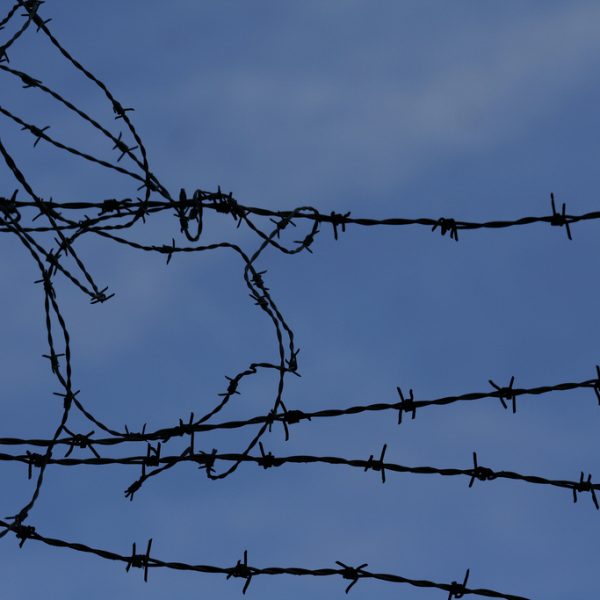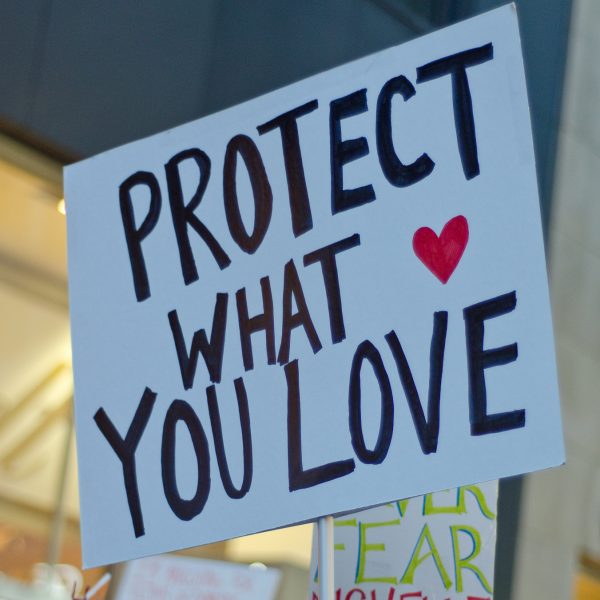
We have a call to responsibility regardless of whether you love or respect or agree with or feel in any way comfortable with your neighbor. It is the call to protect your neighbor even if you hate her.

Efforts to leverage “God” are often attuned to the dynamics of the symbol yet remain largely untroubled by the gaps such acts generate.
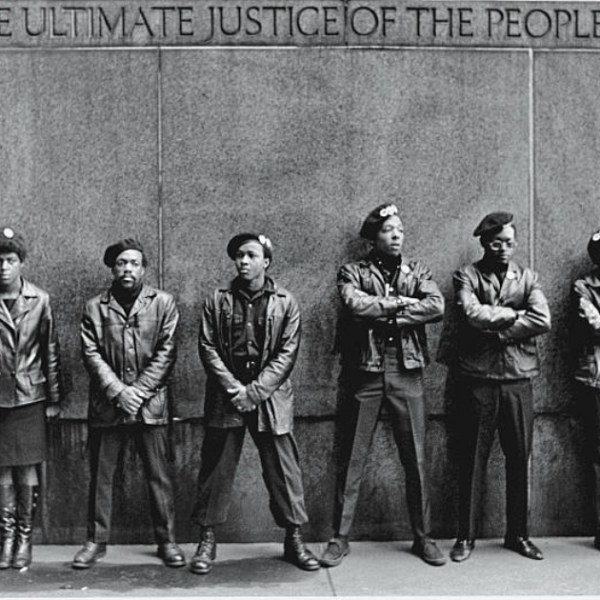
How can community be grounded, if neither in force nor in love? To find out, we must reckon with Arendt’s reading of Augustine, for whom love and force were intimately intertwined.
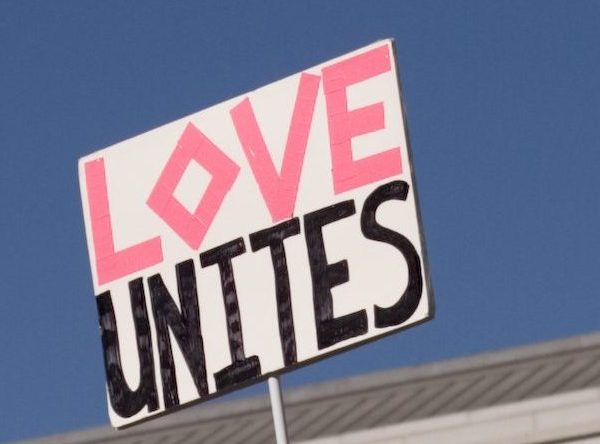
In a world where the market is the foundation, can there be love in politics?
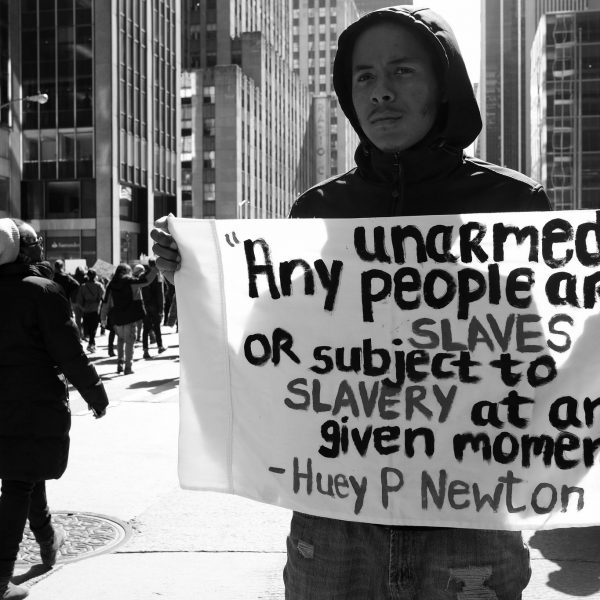
The Second Amendment should not become just one more issue of irreconcilable hyperpartisanship. Whether one finds themselves on the political right or the political left, one should realize that the question of gun violence ultimately comes down to the health of the polis.

